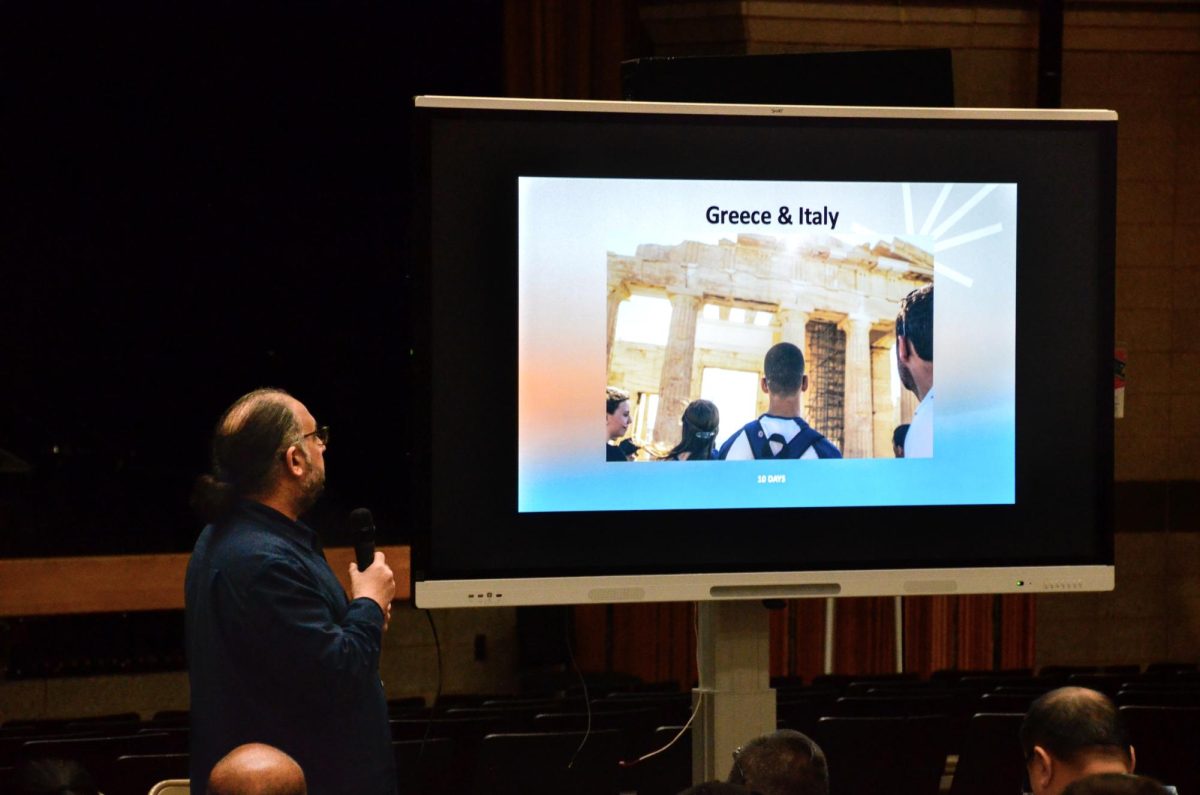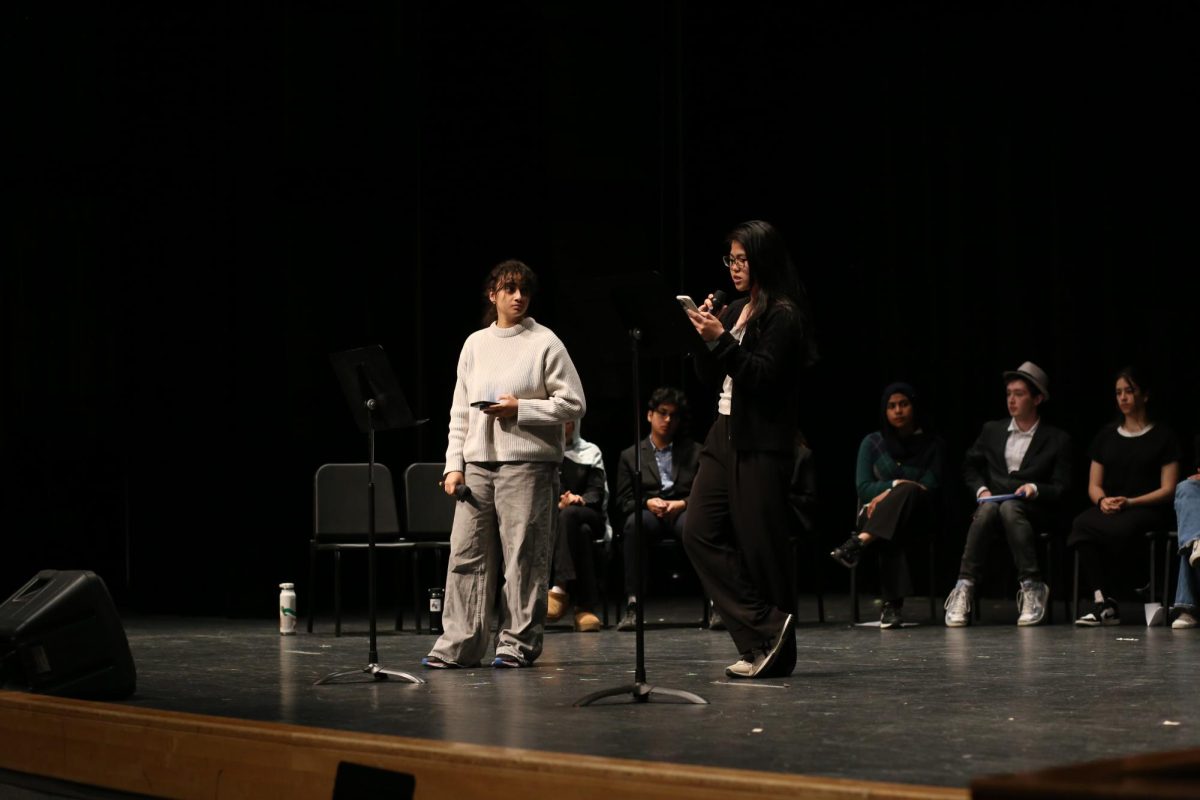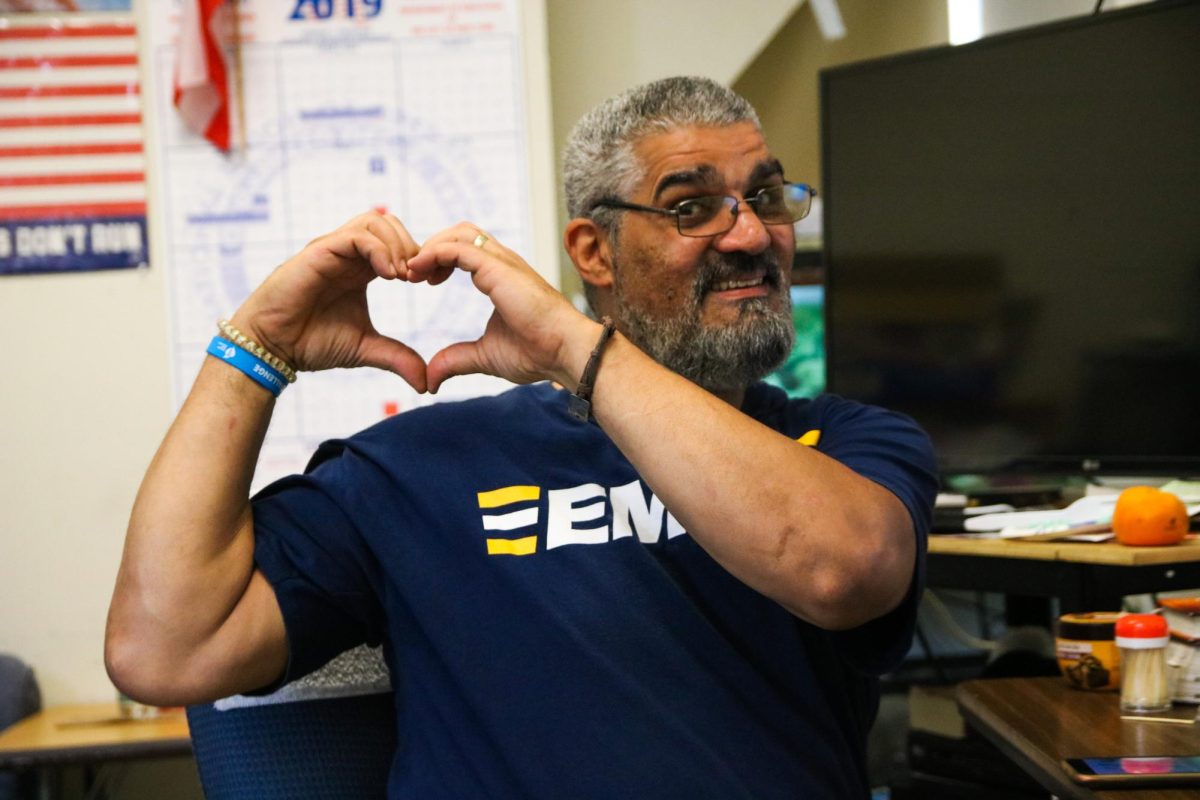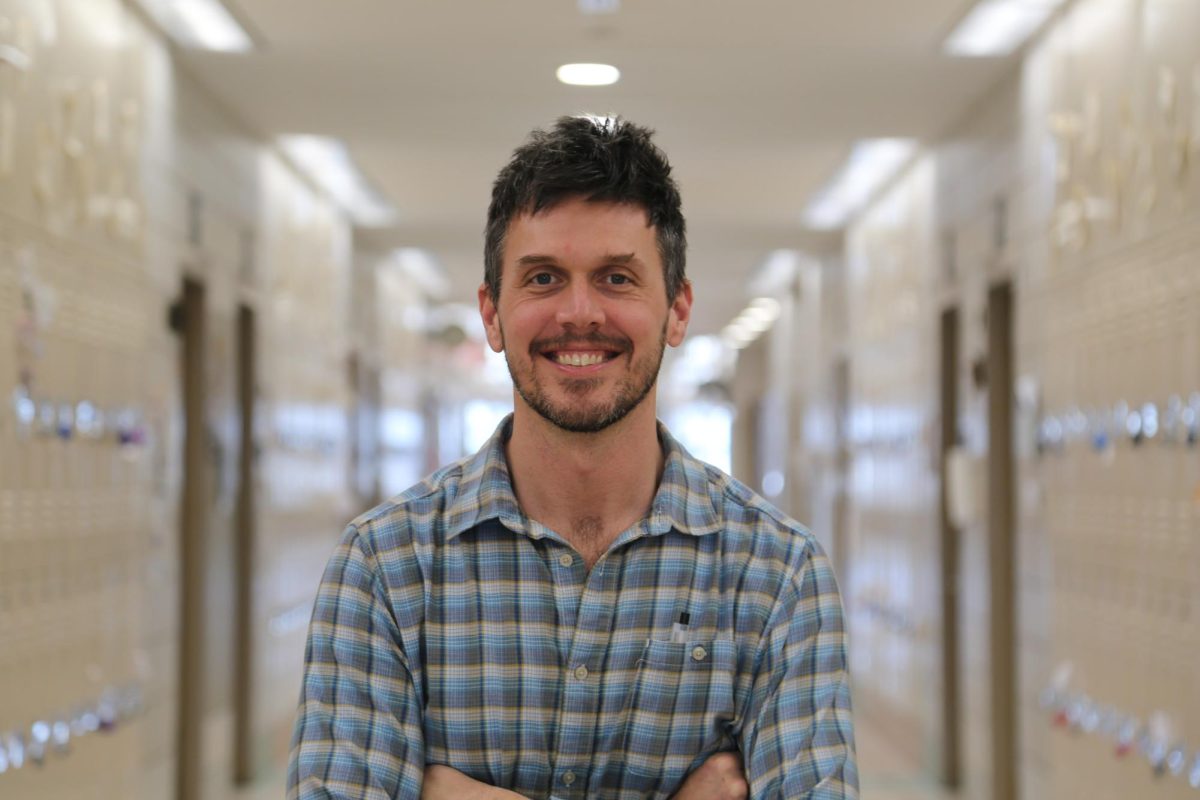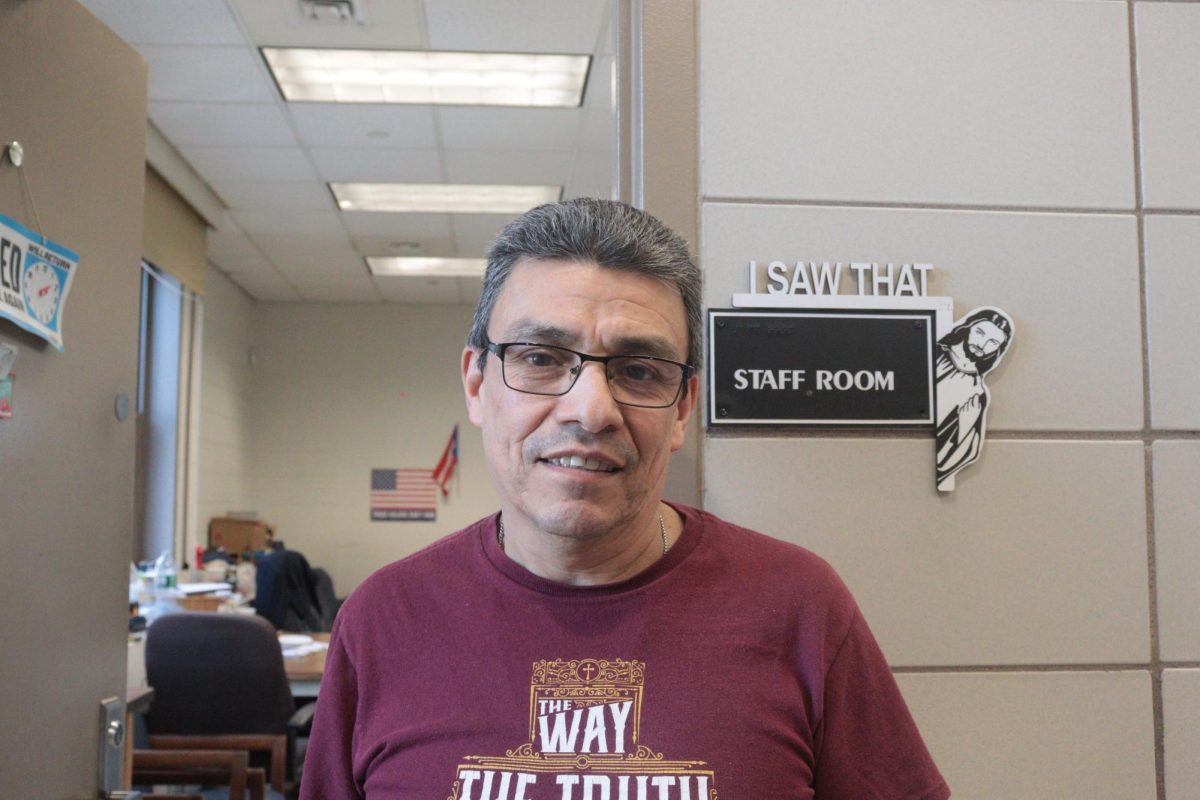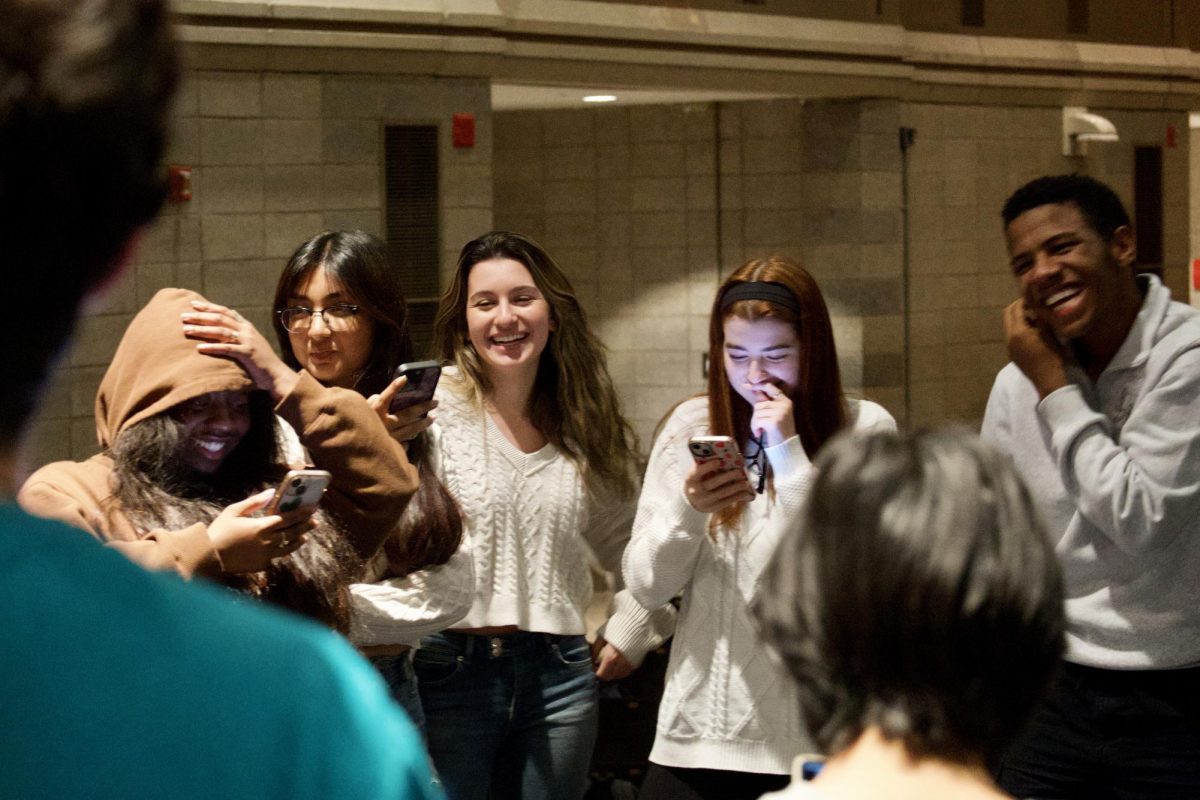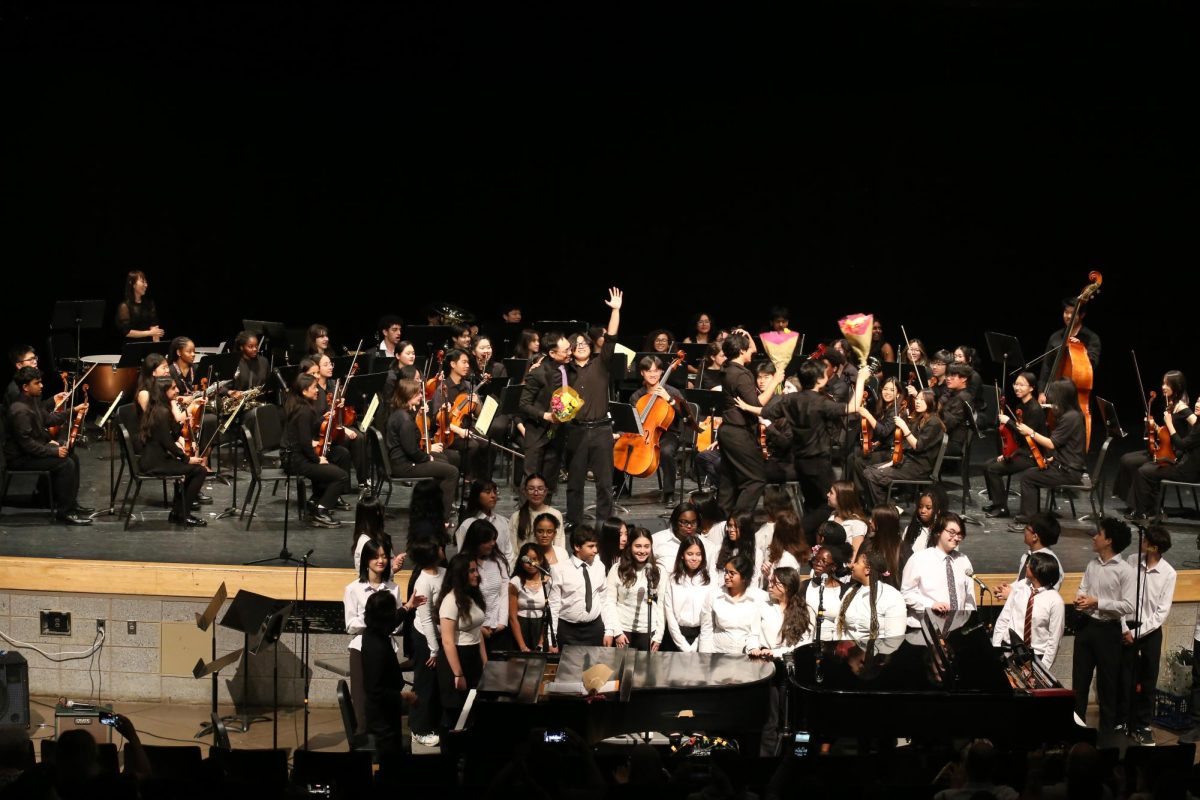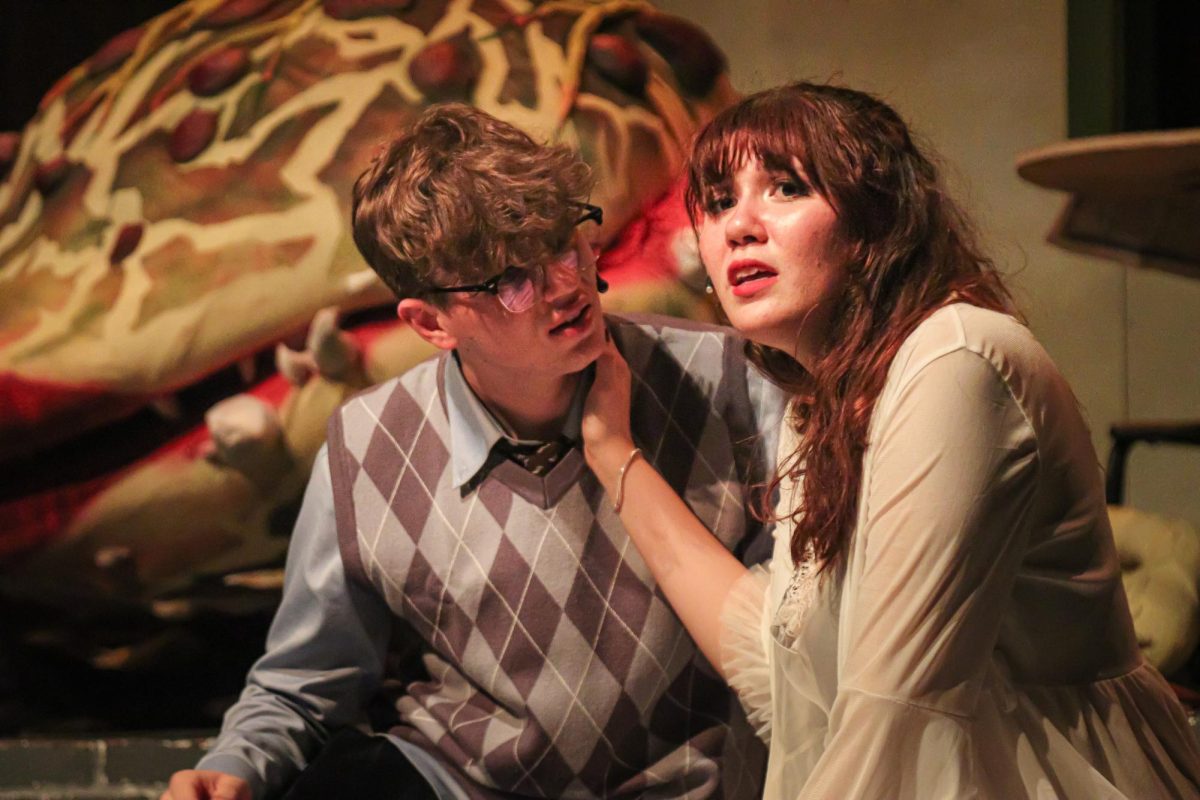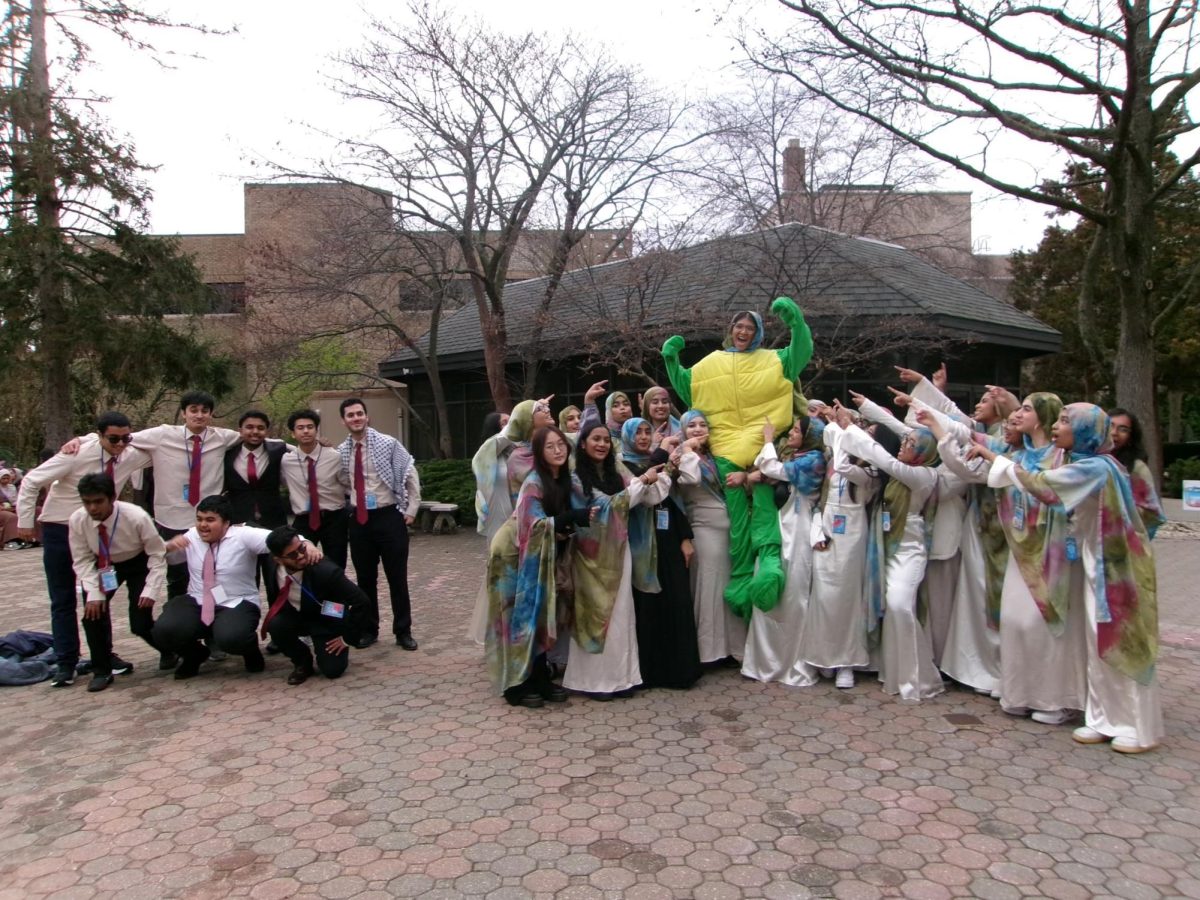
Junior Nina Leeds attended the inauguration of Mayor Bill de Blasio on January 1. New York State Assemblywoman Nily Rozic, also a THHS alum, offered Nina the opportunity because she had volunteered for the Rozic campaign two years ago and the two have maintained close ties since then. Below is Nina’s description of Mayor de Blasio’s speech at the inauguration, as well as what his policies might mean for THHS.
On January 1, New York City welcomed its 109th mayor, Bill de Blasio. The new mayor was sworn in on a brisk Wednesday afternoon on the steps of City Hall. De Blasio, whom many are dubbing “The People’s Mayor” arrived via the Number 4 Subway line. The de Blasio’s took the stage along with Public Advocate Letitia James, Comptroller Scott Stringer, and many other notable guests including Bill and Hillary Clinton. After taking the oath of office and being sworn in by former President Bill Clinton, Mayor de Blasio made a speech discussing policies he plans to enact, paying particular attention to fix what he himself referred to as the “quiet crisis” of social injustice, and emphasizing that “We won’t wait, we’ll do it now!”
After thanking numerous people, the first topic Mayor de Blasio addressed and made clear was that “Every child has the chance to succeed.” However, besides just speaking about the obvious ways to improve standards for children by making sure they have a prosperous environment, Mayor de Blasio put much emphasis on how New Yorkers must make sure that children have all they need to succeed. “We must put an end to economic and social inequalities that threaten to unravel the city we love,” he said.
Mayor de Blasio called on all New Yorkers, commenting that it is “in our DNA” because over the course of history, it was New York that started progressive paths and led others to follow it. He said New Yorkers have stood up for the common man, taking on the elites in the process, and have had progressive reform.
Mayor de Blasio raised one of his platforms points by referring to NYC being a “Tale of Two Cities,” thus alluding to the Dickens novel that most sophomores of THHS read, whose renowned opening lines refer to a city that is in a state of polar opposites, where people are either extremely wealthy or barely able to get by. He highlighted that his talk on fixing this “Tale of Two Cities” was not just rhetoric and is something he plans on attacking with the help of NYC residents. He wants NYC residents to “see our city not as the exclusive domain of the One Percent, but a place where everyday people can afford to live, work, and raise a family.”
Mayor de Blasio also talked about his plans to reform “Stop and Frisk,” an issue that took a spotlight during the election due to the mass controversies stemming from the issue. He plans to reform it in a way that is fair to every ethnicity, race, and nationality, but also still allows police officers to continue to do their job to keep NYC’s streets safe.
De Blasio also has plans for a Universal Pre-K, which is something he pushed for and focused heavily on during his campaign. In order to fund this, he plans to call on NYC’s richest 1% by slightly raising their taxes. De Blasio suggests that all of the money made by this plan will go directly to funding this universal pre-k and after school programs. He also commented on how he does not believe in what has come to be known as trickle down economics, or the path of “rugged individualism.” This plan to increase the taxes of the rich is not in order to punish people for success, but rather to allow for future success stories.
De Blasio ended his inaugural speech by bringing back his message to fighting injustice and inequality. He coincidentally alluded to the Ephebic Oath, taken by all THHS students and faculty, by saying that we need to “leave this city even stronger than we found it.” He talked about how strong New Yorkers have been, and all that we have overcome in the past, and spoke about how we move on to a quieter crisis, but one that is no less pernicious than ones we have faced in the past.
De Blasio concluded by saying that we need “to keep the promise of New York alive for the next generation.” The current students of THHS belong to this “next generation,” and something that affects their lives greatly is NYC’s education system.
One of de Blasio’s first tasks as mayor has been to appoint a new Department of Education Chancellor. He has chosen, former NYC public school teacher Carmen Fariña. Principal Anthony Barbetta, who has worked with her at Columbia University, believes that “she is a great pick because she knows the system and what is needed to get it back on track.” Mr. Barbetta went on to add that “she has the necessary New York City experience.”
The entire academic career of students at THHS has been under the Bloomberg Administration. According to Mr. Barbetta, it is unlikely that students of THHS will notice any large educational changes in the near future.
Mr. Barbetta commented that “Seniors and juniors probably won’t feel a change as much as the sophomores and freshmen, and even that will be a stretch.” De Blasio is planning to focus more on early grades, with a main education focus for him being Universal Pre-K, so high school students probably will not feel any immediate change.
However, he is not so sure whether or not de Blasio “shares our philosophy on how we select our students” and hopes that this is something that is not changed, and hopes that the new mayor will think that THHS is as great as the community does.
Now that the “people’s mayor” is officially inaugurated, New Yorkers are sure to see some changes.



